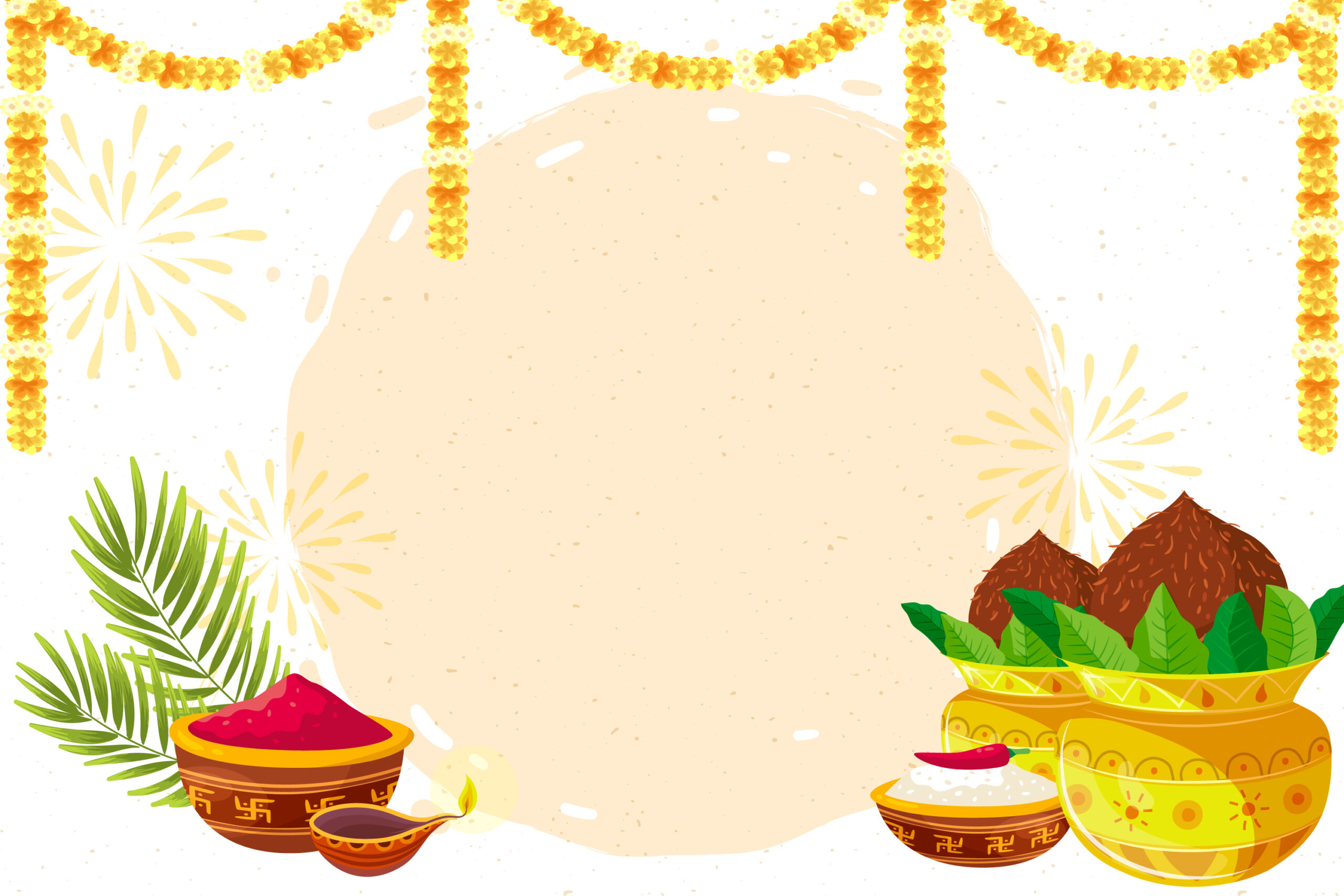Navratri, a vibrant and auspicious Hindu festival, is celebrated with great enthusiasm across India. This nine-night festival is dedicated to the goddess Durga and is marked by colorful decorations, lively music, mesmerizing dances, and, of course, the exchange of gifts. Navratri gifting has evolved over the years, reflecting the changing times and preferences of individuals. The traditional and modern aspects of Navratri gifting each have their unique charm and significance. This blog explores the seven ways in which traditional and modern Navratri gifting can be balanced to find the perfect blend of cultural richness and contemporary appeal.
Embracing Tradition in Modern Gifts
One of the key challenges in the world of Navratri gifting is maintaining a connection with traditional values while embracing modernity. Traditional gifts often include items like clothes, jewelry, idols of deities, and sweets, which hold cultural significance. However, modern gifts can incorporate traditional elements without losing their contemporary appeal. For instance, gifting a traditional silk saree with a modern design or a fusion jewelry piece that combines traditional motifs with a modern twist can strike the perfect balance.
Personalization and Customization
In the modern era, personalization and customization have become crucial aspects of gifting. People appreciate gifts that are tailored to their tastes and preferences. While traditional Navratri gifts have a certain charm, modern gifting allows for greater personalization. Customized Navratri gifts, such as personalized puja thalis or customized clothing with intricate embroidery, add a personal touch that resonates with both tradition and individuality.
Eco-Friendly Navratri Gifting
As environmental consciousness grows worldwide, many individuals are turning towards eco-friendly gifting options. Traditional Navratri gifts often involve the use of non-biodegradable materials and excess packaging. However, modern Navratri gifting can prioritize eco-friendliness by choosing gifts made from sustainable materials, such as handcrafted items, organic products, or reusable and recyclable materials. This approach not only aligns with traditional values of respecting nature but also contributes to a healthier planet.
Ethical Sourcing and Fair Trade
Traditional Navratri gifts may not always consider the ethical and fair treatment of artisans and workers involved in their production. In contrast, modern gifting can emphasize ethical sourcing and fair trade practices. Supporting local artisans and communities by purchasing handcrafted items, especially during Navratri, can promote both tradition and social responsibility. Modern consumers are increasingly inclined towards gifts that have a positive social impact, and ethical gifting aligns with these values.
Innovative Technology in Gifting
The integration of technology in gifting is a hallmark of the modern age. While traditional Navratri gifts rely on tangible items, modern gifting can incorporate innovative technology. For example, sending gifts online such as e-gift cards, personalized video messages, or virtual experiences can add a contemporary dimension to Navratri celebrations. Such gifts not only bridge the gap between tradition and modernity but also make gifting more accessible and convenient.
Cultural Fusion in Gifting
The fusion of cultures has become increasingly prevalent in the modern world. People from diverse backgrounds often celebrate Navratri together, leading to a blending of traditions. Modern Navratri gifting can reflect this fusion by incorporating elements from various cultures while respecting the core values of the festival. For instance, a gift that combines Indian and Western aesthetics, such as a traditional Indian outfit with a Western twist, can be a delightful representation of cultural fusion.
Balancing Materialism and Spirituality
Navratri is not just a festival of material gifts but also a time for spiritual reflection and devotion. Striking a balance between materialism and spirituality in Navratri gifting is essential. While traditional gifts like religious books, prayer items, and idols cater to the spiritual aspect, modern gifts can enhance this by including mindfulness and wellness products such as meditation apps, yoga mats, or essential oil diffusers. Such gifts encourage a holistic celebration of Navratri, addressing both the material and spiritual dimensions.
Read More : Best tips and ideas for Diwali
Conclusion
Navratri gifting is an expression of love, respect, and celebration. It is a reflection of the values and preferences of the individuals involved. Finding the perfect balance between traditional and modern Navratri gifting is a dynamic and evolving process. It allows us to cherish our cultural heritage while adapting to the changing times.
Incorporating traditional elements into modern gifts, personalization, eco-friendliness, ethical sourcing, technology, cultural fusion, and a balance between materialism and spirituality are the seven key ways to navigate the realm of Navratri gifting. By embracing these approaches, we can ensure that our gifts not only reflect the richness of tradition but also resonate with the contemporary sensibilities of today’s world.
Ultimately, Navratri gifting is not about adhering to strict guidelines but about celebrating the spirit of togetherness, gratitude, and devotion that the festival embodies. Whether one chooses traditional or modern gifts, the essence of Navratri remains the same – a time of joy, reflection, and the triumph of good over evil.





